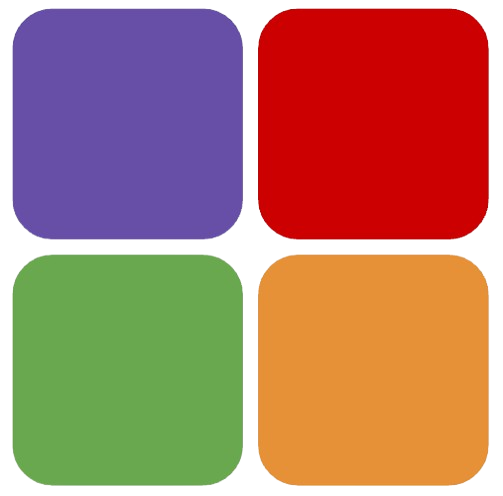74 | Cash Gets a Bad Rap
If there was a contest for biggest buzz-kill in finances - talking about "cash on hand" might take the cake.
Usually, it gets paid a measly interest rate.
Usually, it just sits there and "doesn’t do anything".
Sometimes there is a temptation to spend it all or invest it all - neither of which is a very good idea.
To top it off, cash in the bank is often called an "emergency fund". Talk about negative self talk!
It's tough because the measurable things aren't that impressive.
All the cool parts about cash are the things you can't measure - the ways it allows you to organize your life without thinking about the dollars needed.
Cash allows you to say "yes" to the opportunity of a lifetime or the year or the month without "crunching the numbers".
Cash allows you to change jobs or careers.
Cash allows you to take time off between jobs.
Cash allows you to ignore the due date on your paycheck because you're not waiting for those dollars.
Cash allows you to ignore the due date on your credit card bill because it's on auto-pay and you know the funds will be there.
Cash allows you to leave investments alone when they're down 20% in a 12-month period.
Most people I know want opportunities, options, and flexibility, which is exactly what cash offers, but we just don't think of it that way.
Google says three to six months of expenses is an appropriate amount of cash to have on hand, but if collectively we all feel limited or constrained by our money, doesn’t that make you think the standard rules of thumb might need a little work?
If you want more opportunities, options, and flexibility, try holding a little extra cash and see what happens.
Additional Reading
How I Think About Cash by Morgan Housel
How Your Bank Balance Buys Happiness: The Importance of “Cash on Hand” to Life Satisfaction by Peter M. Ruberton, Joe Gladstone, and Sonja Lyubomirsky
